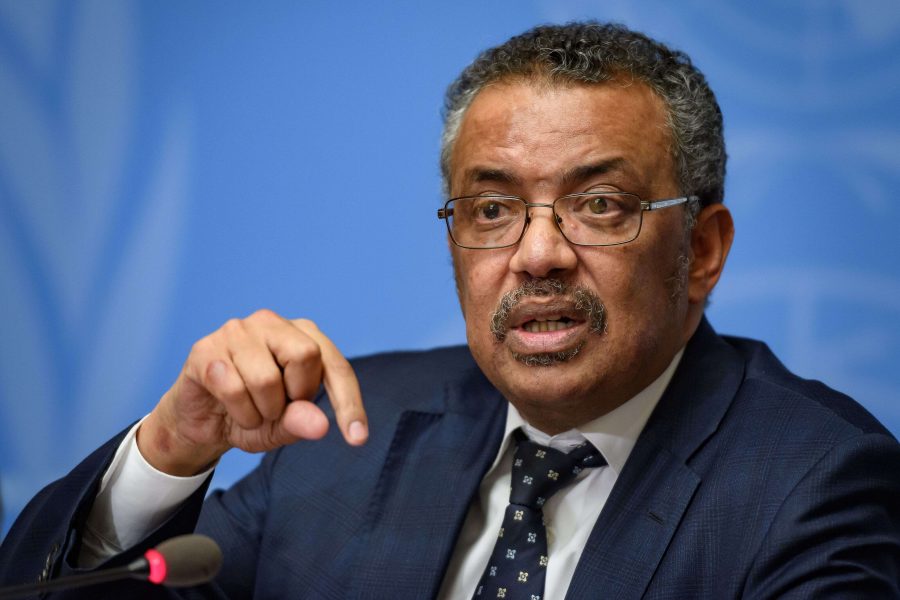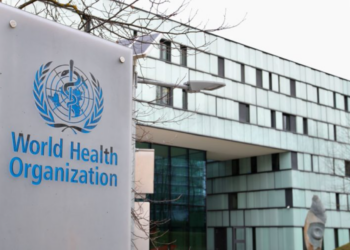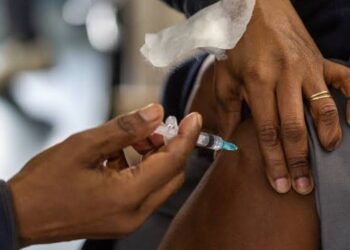A new report by the World Bank has revealed that healthcare facilities in Sub-Saharan Africa have a high level of energy insecurity.
The report, which was a collaboration between the World Bank, International Renewable Energy Agency (IRENA), and Sustainable Energy for All (SEForAll) was released earlier this month.
Let’s focus on the numbers: The report showed that among the estimated 166,720 healthcare facilities situated across the 41 low- and lower-middle-income countries in Sub-Saharan Africa, lack any electricity access.
Meanwhile, at least 68,350 healthcare facilities lack reliable electricity, illustrating the high level of energy insecurity in healthcare facilities of the region.
Energy needs in healthcare facilities: According to the report, energy needs span a wide range. Some needs include medical equipment, lighting, information technology and communications, refrigerators for vaccines and preservation of medicines, supply of clean and hot water, ventilation, cooking, sterilization and, depending on the setting, space heating and cooling.
As highlighted by the report, many rural-based healthcare facilities in sub-Saharan Africa mostly cater to newborns and mothers. For these services, the healthcare facility needs a constant energy supply for life-saving, and essential devices including fetal heart monitors and ultrasounds, baby warmers, oxygen concentrators, suction units and phototherapy.
The Nigerian context: In the January 2023 Renewable Energy Roadmap report developed by IRENA and the Energy Commission of Nigeria (ECN), it was stated that despite the expansion of renewable energy capacity fossil generation (gas, oil and coal) are set to dominate the total installed capacity by 2030 with a share of around 53%.
- However, by 2050, the share of fossil generation declines to 35.4% on account of the expansion of renewable energy capacity as well as the development of nuclear power.
- Off-grid solar photovoltaic (PV) systems continue to account for the maximum share of the total installed capacity of renewable energy technologies.
- Off-grid systems currently supply the majority of capacity at a share of 62%, which drops to 45% by 2030 and 22% by 2050, indicating a more robust centralized power system serving the majority of capacity needs in Nigeria by the end of the decade.
For the record: The WHO and its partners recommend political commitment, awareness, and advocacy as critical factors in generating local action for the improvement of electricity access at healthcare facilities in the SSA region.
- The report also recommends increasing awareness and advocacy for the political prioritization of healthcare facility electrification which will help to ensure that it is a priority in both national and subnational plans – establishing a clear mandate across a country or a region.
- The report also identifies dialogue and engagement with all relevant stakeholders, from the energy and health sectors and beyond, from the national to the local level.




















